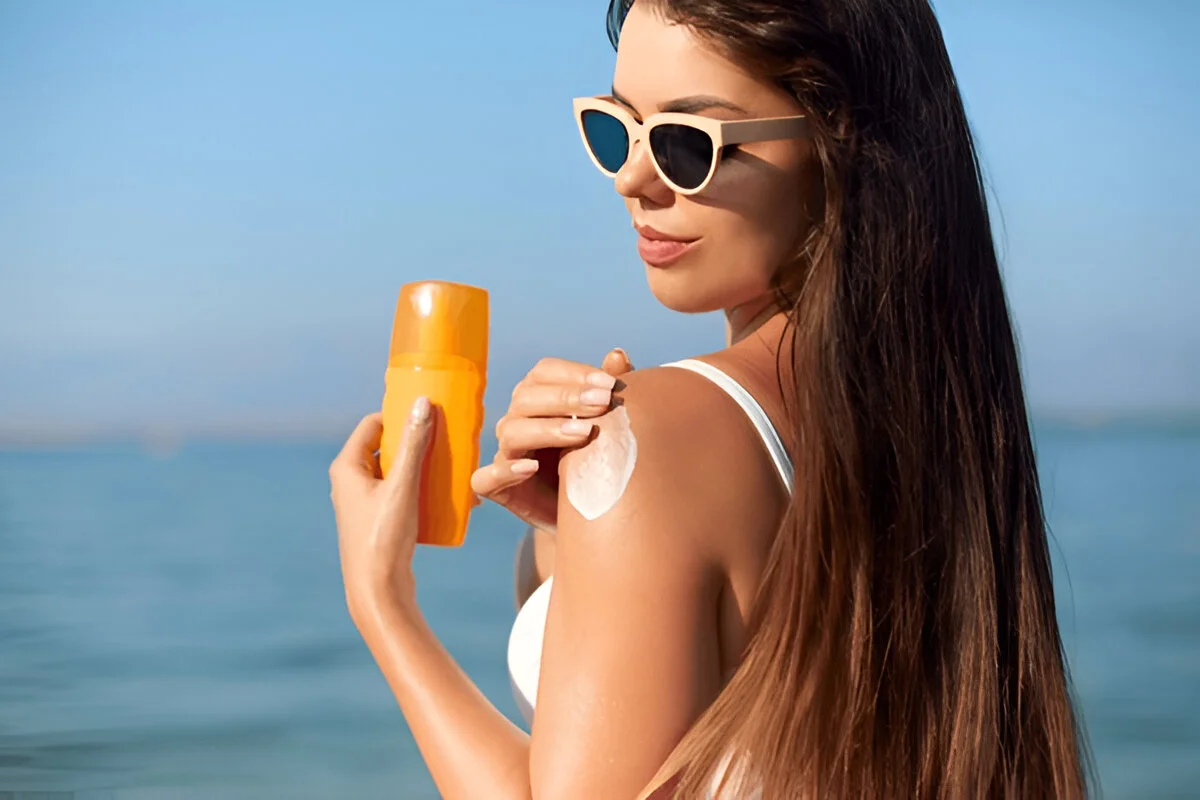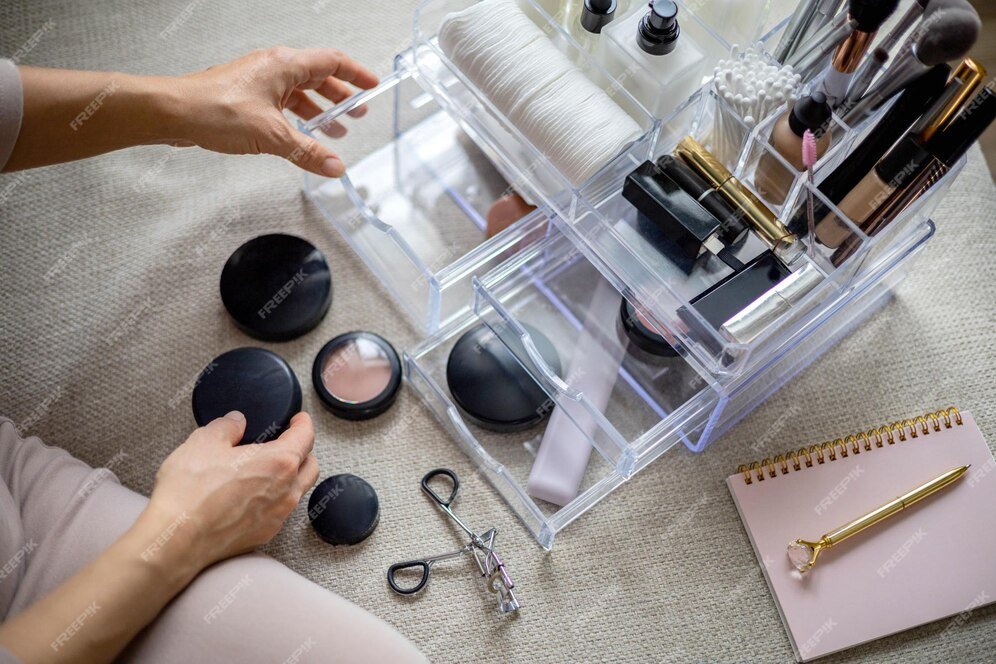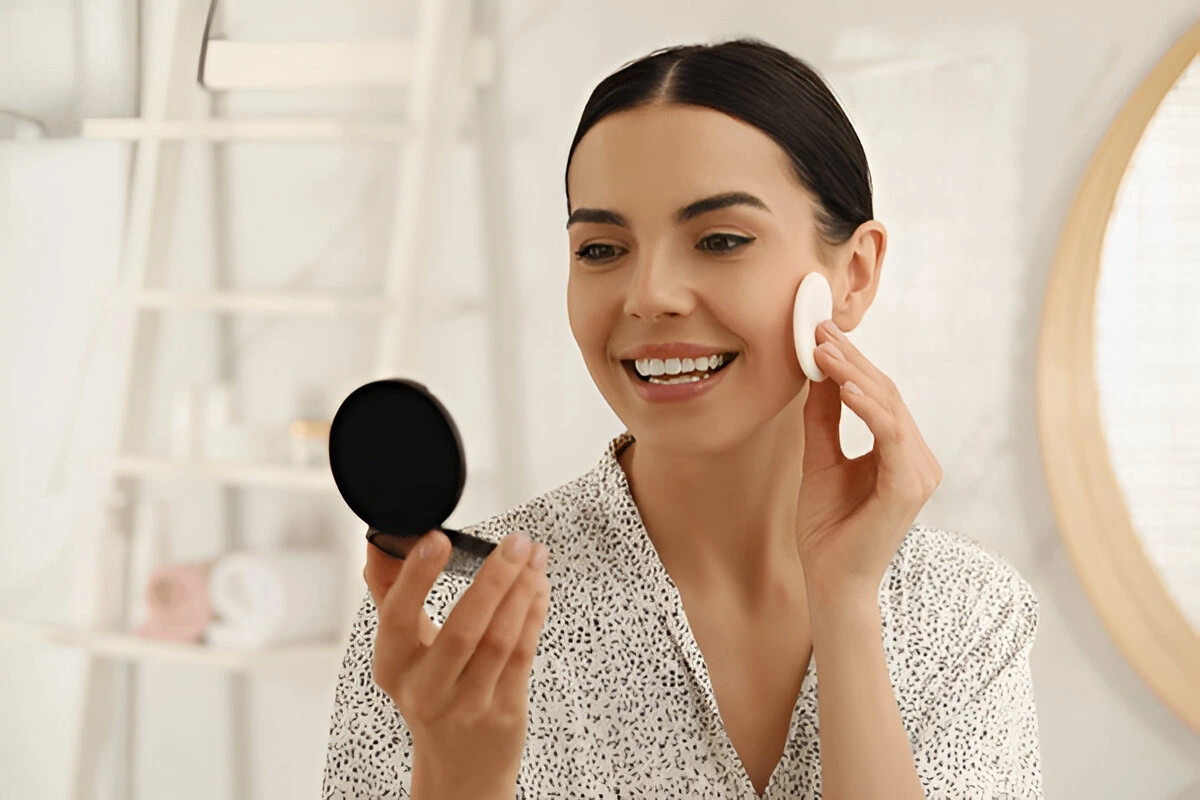
Protecting your skin from harmful UV rays is essential for maintaining a healthy complexion and preventing long-term damage. Sunscreen is a non-negotiable part of any skincare routine, especially with the increasing awareness of its role in preventing skin cancer, aging, and hyperpigmentation. However, with so many different types of sunscreens available on the market, it can be overwhelming to choose the right one for your skin type.
The key to finding the best sunscreen is understanding your skin’s unique needs and how different formulas work. Whether you have oily, dry, sensitive, or acne-prone skin, selecting the right sunscreen will ensure you get optimal protection without causing irritation or clogging pores.
In this article, we’ll break down how to choose the right sunscreen for your skin type and guide you through the key factors to consider.
1. Understanding the Basics of Sunscreen
Before diving into which sunscreen works best for different skin types, it’s important to understand the essential features of sunscreen:
-
SPF (Sun Protection Factor): SPF measures how well the sunscreen protects your skin from UVB rays, which are responsible for sunburn. Generally, SPF 30 is recommended for daily wear, providing 97% protection from UVB rays, while SPF 50 offers 98% protection.
-
Broad-Spectrum Protection: Sunscreens labeled as “broad-spectrum” protect against both UVA and UVB rays. UVA rays penetrate the skin more deeply and are responsible for premature aging, while UVB rays primarily cause sunburn.
-
Water-Resistant vs. Non-Water-Resistant: Water-resistant sunscreens remain effective even after sweating or swimming, but they still need to be reapplied after 40-80 minutes.
Now, let’s explore how to choose the best sunscreen for your specific skin type.
2. For Oily Skin: Opt for Oil-Free, Matte Sunscreens
If you have oily skin, you may find that thick, greasy sunscreens leave your face feeling weighed down or looking shiny. To avoid clogged pores and breakouts, it’s crucial to select a lightweight, non-comedogenic sunscreen that won’t exacerbate oil production.
-
Look for: Gel-based sunscreens, oil-free formulas, and mattifying sunscreens designed to absorb excess oil. These types of sunscreens are formulated to keep your skin hydrated while controlling shine.
-
Key Ingredients: Niacinamide and salicylic acid can help manage excess oil and improve the appearance of pores. Additionally, mineral sunscreens containing zinc oxide or titanium dioxide are often better suited for oily skin as they offer a more matte finish compared to chemical sunscreens.
-
Finish: Opt for a matte or powder finish that will keep your skin looking shine-free throughout the day.
Quick Tip: For oily skin, try a sunscreen that also acts as a primer to reduce shine and provide a smooth base for makeup.
3. For Dry Skin: Choose Hydrating, Moisturizing Sunscreens
Dry skin requires extra hydration and moisture to prevent flakiness and discomfort. If you have dry skin, a sunscreen that offers additional hydration will not only protect you from the sun but also help keep your skin soft and nourished.
-
Look for: Sunscreens with moisturizing ingredients like hyaluronic acid, glycerin, or ceramides. These ingredients help lock in moisture and restore the skin’s natural barrier function.
-
Key Ingredients: Look for sunscreens that combine SPF with nourishing ingredients like aloe vera, vitamin E, and peptides to hydrate and soothe the skin.
-
Finish: Choose sunscreens with a dewy or moisturizing finish to provide extra hydration throughout the day.
Quick Tip: If you have dry skin, opt for a sunscreen that also works as a moisturizer, so you can skip an additional moisturizing step in your skincare routine.
4. For Sensitive Skin: Go for Fragrance-Free and Gentle Sunscreens
Sensitive skin requires special attention when it comes to sunscreen, as many formulas contain fragrances, alcohol, or chemical filters that can irritate or cause allergic reactions. To avoid skin sensitivity, it’s important to select a sunscreen that is gentle and formulated for sensitive skin.
-
Look for: Sunscreens that are fragrance-free, alcohol-free, and free of common irritants such as parabens and sulfates. Mineral sunscreens, which contain physical blockers like zinc oxide or titanium dioxide, are often better tolerated by sensitive skin compared to chemical sunscreens.
-
Key Ingredients: Choose sunscreens with soothing ingredients like chamomile, calendula, or aloe vera, which help reduce redness and irritation.
-
Finish: Opt for a non-comedogenic, gentle formula that offers a smooth and calming finish without any irritation.
Quick Tip: Patch test a small amount of sunscreen on your jawline or behind your ear before applying it to your face to ensure that it doesn’t cause any irritation.
5. For Acne-Prone Skin: Go for Non-Comedogenic and Oil-Free Formulas
If you have acne-prone skin, the last thing you want is a sunscreen that clogs your pores or contributes to breakouts. It’s important to choose a sunscreen that’s lightweight, non-comedogenic, and designed for acne-prone skin.
-
Look for: Oil-free, non-comedogenic sunscreens that are specifically labeled as safe for acne-prone skin. Gel-based or fluid sunscreens tend to be lighter and less likely to clog pores.
-
Key Ingredients: Some sunscreens are formulated with acne-fighting ingredients like salicylic acid, niacinamide, or tea tree oil, which can help reduce acne flare-ups while still offering sun protection.
-
Finish: Opt for sunscreens with a matte or powder finish, which will absorb excess oil and help reduce the appearance of shine on your skin.
Quick Tip: If you wear makeup, choose a sunscreen with a matte finish that can double as a makeup primer to control shine and keep your skin protected throughout the day.
6. Mineral vs. Chemical Sunscreen: Which One Is Right for You?
When selecting a sunscreen, you’ll come across two main types: mineral (physical) and chemical sunscreens. Understanding the difference can help you make the right choice based on your skin type.
-
Mineral Sunscreens: These contain zinc oxide or titanium dioxide and create a physical barrier that reflects UV rays from the skin. Mineral sunscreens are generally better for sensitive skin types as they are less likely to cause irritation.
-
Chemical Sunscreens: These contain active ingredients like avobenzone, octinoxate, and oxybenzone that absorb UV rays and convert them into heat, preventing skin damage. Chemical sunscreens tend to be lightweight and easy to apply but may irritate sensitive skin.
For sensitive, acne-prone, or dry skin, mineral sunscreens are often the best choice, while chemical sunscreens may be suitable for those who have no issues with irritation.
Conclusion
Choosing the right sunscreen for your skin type is essential for maintaining healthy, protected skin year-round. Whether you have oily, dry, sensitive, or acne-prone skin, there are sunscreens formulated to meet your specific needs. Pay attention to the ingredients, finish, and formulation to ensure you’re getting the best protection and care for your skin.
Remember, sunscreen should be applied every day, regardless of the weather, to keep your skin safe from the harmful effects of UV radiation. By selecting the right sunscreen and incorporating it into your daily skincare routine, you’ll ensure that your skin stays protected and radiant for years to come.

















